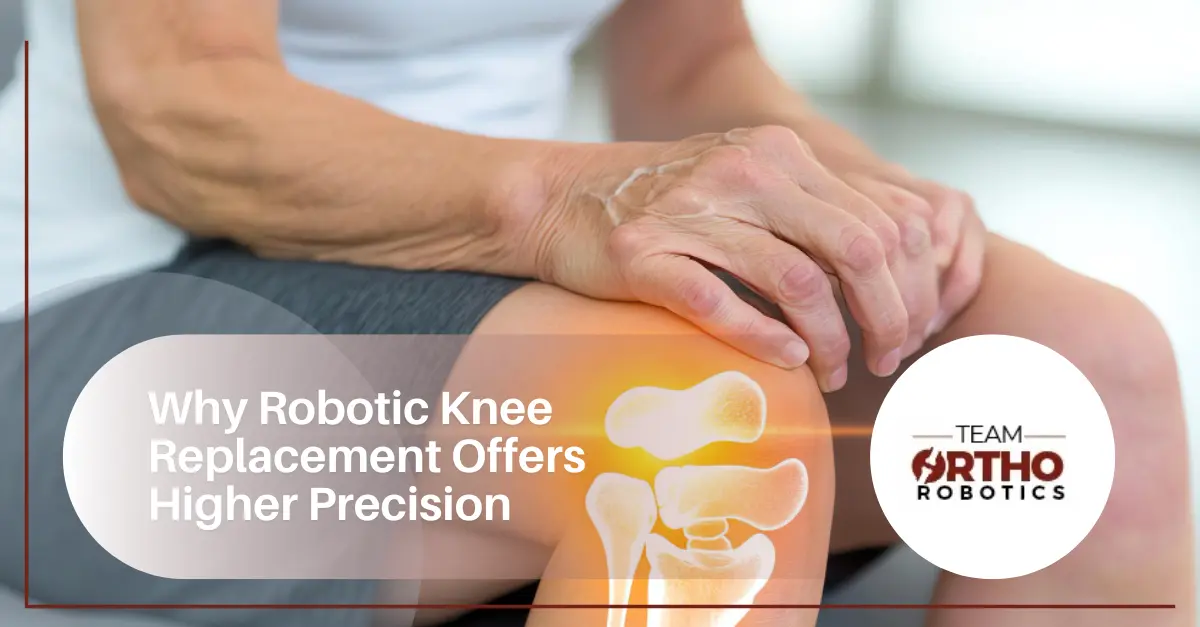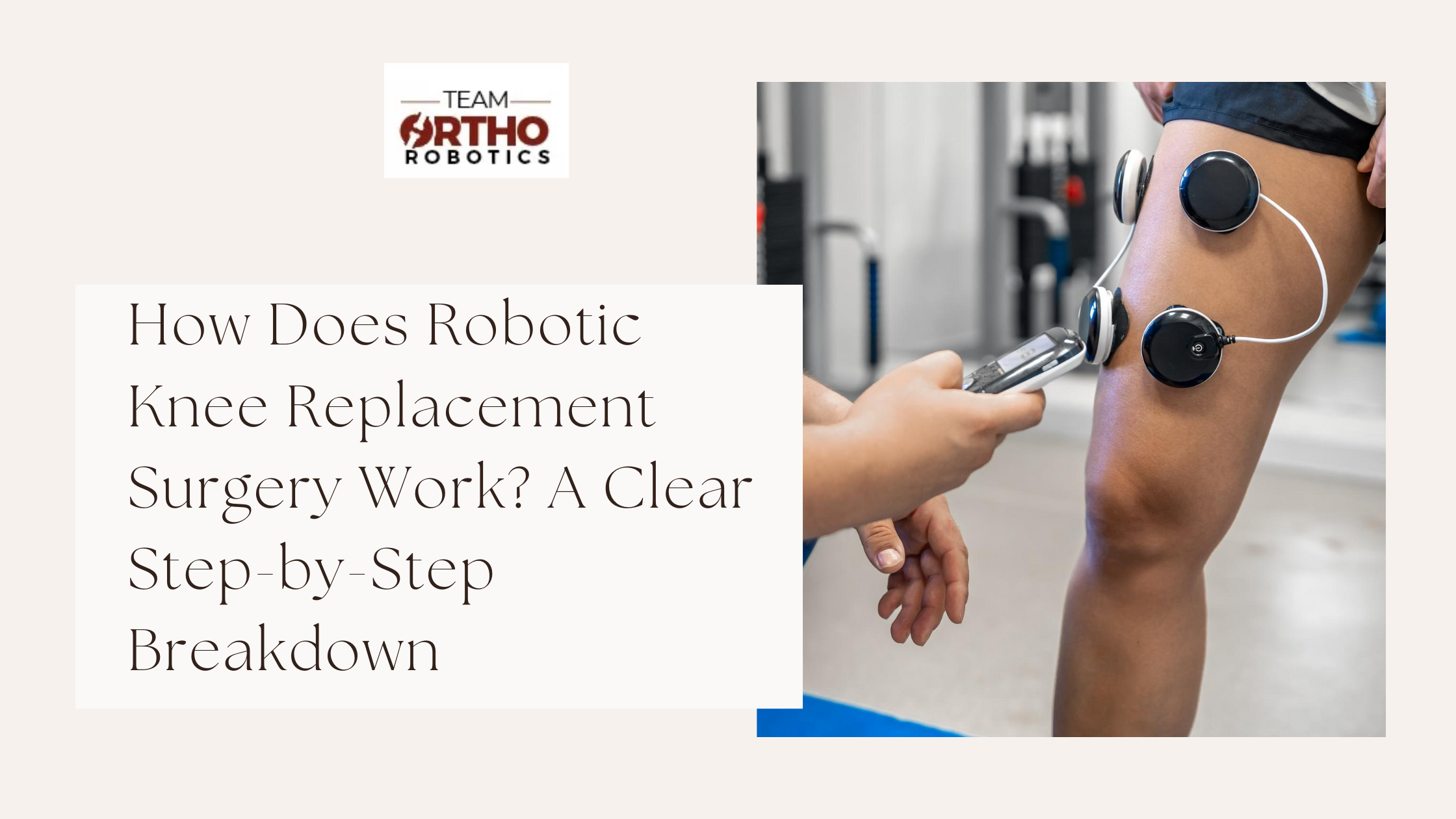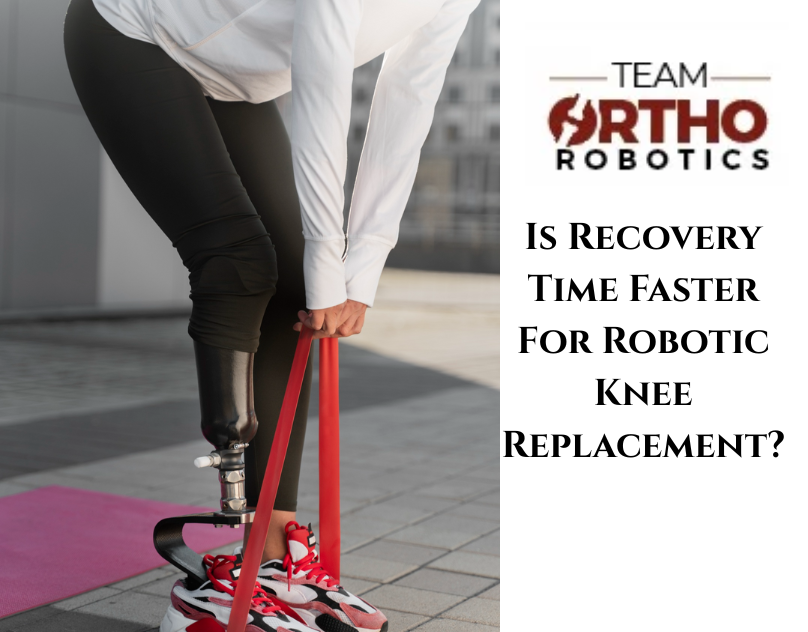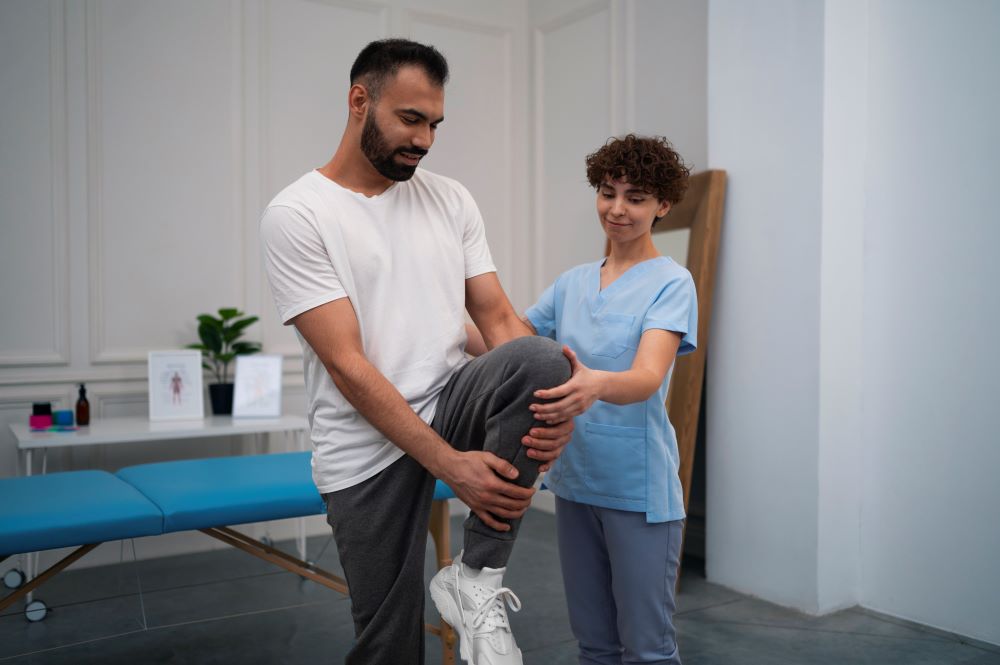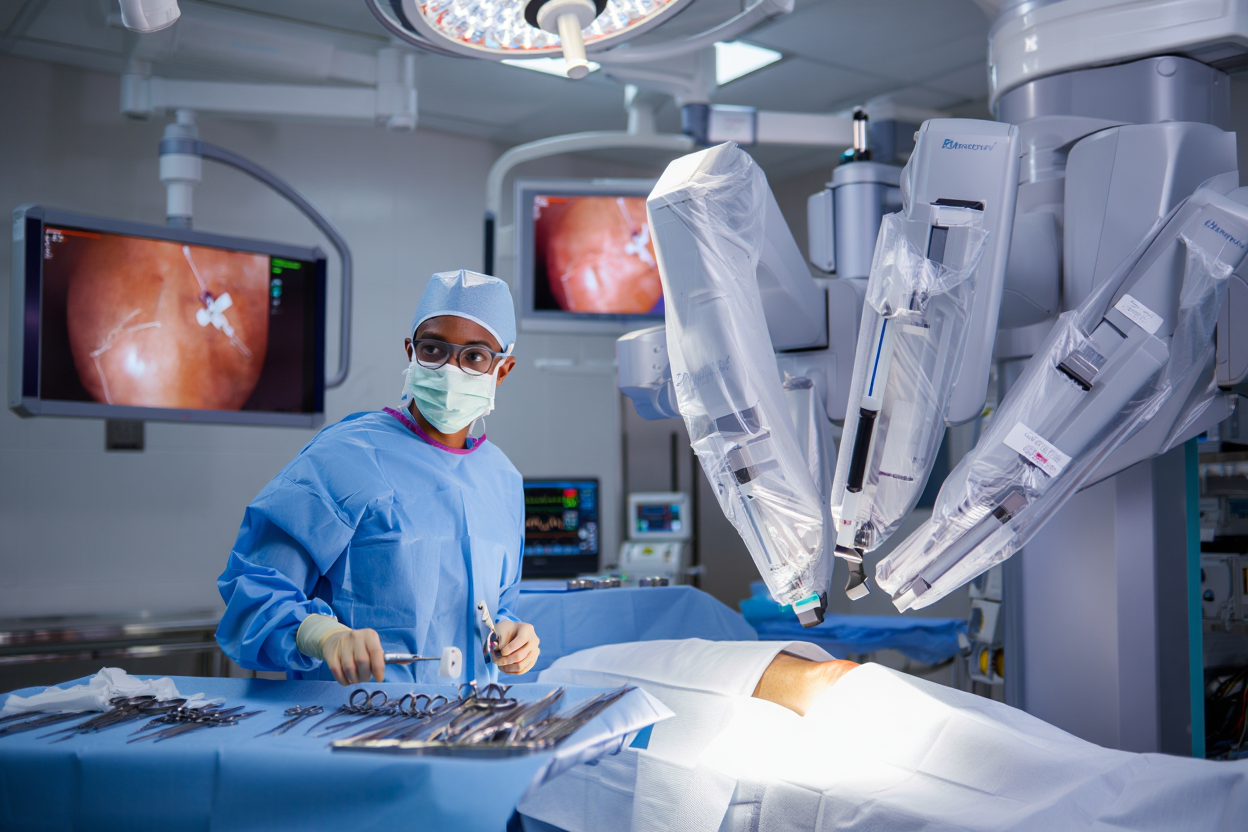Total Knee Arthroplasty (TKA), commonly known as total knee replacement, is one of the most successful and frequently performed orthopedic surgeries in the world. It has dramatically improved the quality of life for millions suffering from severe knee arthritis or joint damage. With advancements in medical technology, the procedure has evolved to include precision techniques like robotic knee replacement surgery in Mumbai, offering enhanced outcomes for patients.
This article delves into the indications for TKA, the surgical procedure itself, advancements such as robotic-assisted surgery, and essential components of postoperative care.
What is Total Knee Arthroplasty?
TKA involves the removal of the damaged cartilage and bone from the surface of the knee joint, which is then replaced with artificial components called prostheses. These prosthetic implants are designed to mimic the natural movement of the knee, alleviate pain, and restore function.
The procedure can be life-changing for individuals who suffer from:
- Osteoarthritis
- Rheumatoid arthritis
- Post-traumatic arthritis
- Severe knee injury
- Deformities like bow-legged or knock-kneed alignment
Understanding the different types of knee replacement can also help patients make informed choices.
Indications for TKA
TKA is typically recommended when non-surgical treatments like medications, physical therapy, and injections fail to provide relief. Common indications include:
- Persistent Pain: Chronic knee pain that interferes with everyday activities such as walking, climbing stairs, or even sleeping.
- Reduced Mobility: Difficulty in bending, standing, or weight-bearing.
- Joint Deformity: Visible deformity or misalignment in the knee.
- Ineffectiveness of Conservative Treatments: When medications and physiotherapy no longer alleviate symptoms. Here’s a guide that explores whether knee replacement is the right option for you.
Patients who are relatively young but suffer from debilitating arthritis, or older individuals seeking to regain independence, can both be ideal candidates for TKA. Increasingly, those in urban centers are exploring advanced options like robotic knee replacement in Mumbai to ensure precision and long-term success.
Types of Knee Replacement
- Total Knee Replacement (TKR): Entire knee joint is replaced.
- Partial Knee Replacement: Only the damaged compartment is replaced.
- Robotic-Assisted Knee Replacement: Combines conventional surgery with robotic technology for improved alignment and accuracy. To understand how robotic and traditional techniques differ, read this detailed comparison
Robotic Knee Replacement: A Modern Breakthrough
Robotic-assisted total knee arthroplasty is revolutionizing orthopedic care. In a city like Mumbai, this technique has gained traction for its precision and improved patient outcomes. Robotic knee replacement surgery in Mumbai involves:
- Pre-Surgical Planning: Advanced imaging (CT/MRI scans) is used to create a 3D model of the patient’s knee. You can also explore how robots help provide personalized knee surgeries.
- Precision Cutting: The robot assists the surgeon in making highly accurate bone cuts.
- Better Implant Positioning: Ensures optimal alignment and reduces the risk of loosening or early wear.
- Minimal Soft Tissue Damage: Leads to faster recovery and less pain.
Many patients opting for robotic knee replacement in Mumbai report shorter hospital stays, quicker rehabilitation, and a more natural-feeling joint after surgery.
Preparing for Surgery
Before undergoing TKA, a comprehensive evaluation is conducted. This includes:
- Medical history and physical examination
- Blood tests and imaging studies
- Cardiovascular assessment, especially in elderly patients
- Preoperative education sessions. Check this article on combining robotic knee replacement with other pain management techniques
Patients are advised to maintain a healthy lifestyle, engage in pre-surgical physiotherapy, and prepare their homes for postoperative needs like installing handrails or arranging for mobility aids.
The Surgical Procedure
The TKA procedure typically takes about 1–2 hours and involves the following steps:
- Anesthesia: Spinal or general anesthesia is administered.
- Incision: A vertical incision is made over the knee.
- Resection: Damaged cartilage and bone are removed.
- Implantation: Prosthetic components made of metal and high-grade plastic are implanted.
- Alignment Check: Ensuring the components are aligned to restore natural motion.
- Closure: The incision is closed and bandaged.
In robotic knee replacement surgery in Mumbai, the robotic system guides the surgeon through each step, enhancing accuracy and consistency.
Postoperative Care and Rehabilitation
Recovery doesn’t end after surgery—it’s just the beginning of regaining mobility and independence. Postoperative care includes:
- Pain Management:
- Pain medications and anti-inflammatories
- Cold therapy to reduce swelling
- Physical Therapy:
- Begins within 24 hours of surgery
- Focuses on improving range of motion and muscle strength
- Includes gait training and balance exercises
- Wound Care:
- Keeping the incision clean and dry
- Watching for signs of infection
- Lifestyle Adjustments:
- Avoiding high-impact activities like running
- Emphasizing low-impact exercises such as walking, swimming, and cycling
- Follow-Up Visits:
- Regular checkups to monitor healing and prosthesis function
- X-rays to ensure implant stability
Long-Term Outcomes and Benefits
Patients can expect:
- Pain Relief: Most report dramatic reduction in pain.
- Improved Mobility: Easier walking and climbing stairs.
- Better Quality of Life: Return to daily routines and hobbies.
- Longevity of Implants: Modern implants can last 15–20 years or more.
For those who opt for robotic knee replacement in Mumbai, studies have shown better outcomes in implant positioning and reduced revision rates.
Risks and Considerations
While TKA is generally safe, like all surgeries, it comes with risks:
- Infection
- Blood clots
- Implant loosening or wear
- Nerve or blood vessel injury
Choosing an experienced surgical team and a well-equipped hospital significantly reduces these risks.
Conclusion
Total Knee Arthroplasty is a highly effective solution for those suffering from chronic knee pain and mobility issues. With the rise of robotic-assisted techniques, particularly robotic knee replacement surgery in Mumbai, patients now have access to state-of-the-art care that promises quicker recovery, reduced pain, and longer-lasting results. If you’re weighing the cost-benefit of robotic surgery in Mumbai, this article provides clarity
Whether you’re considering traditional TKA or exploring the precision of robotic knee replacement in Mumbai, the key lies in making informed decisions under expert medical guidance. For many, this surgery is not just about replacing a joint—it’s about reclaiming a life of activity, independence, and joy.





